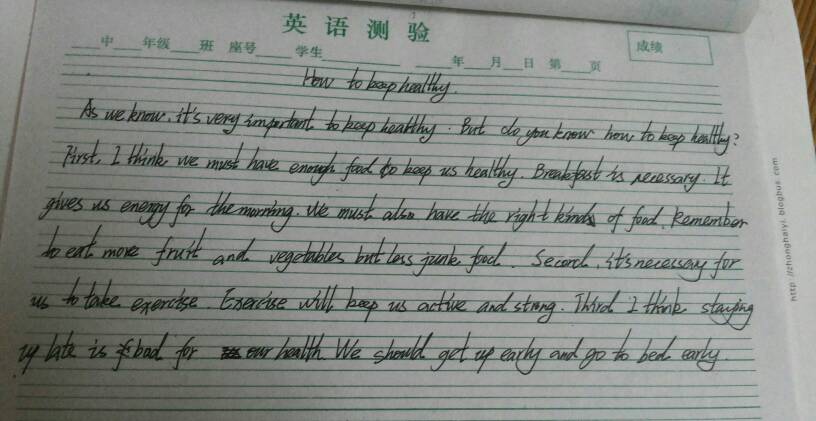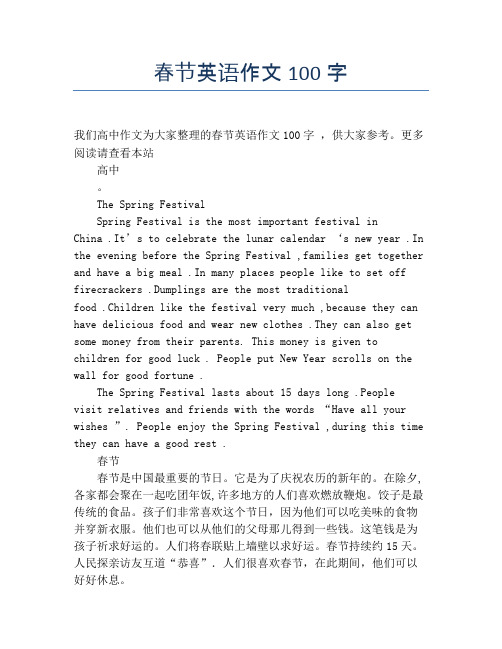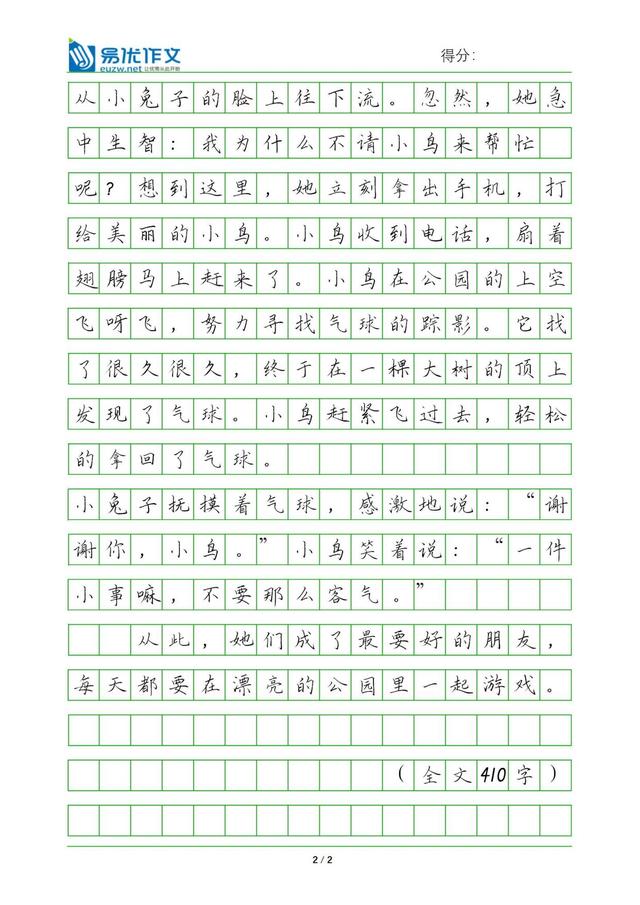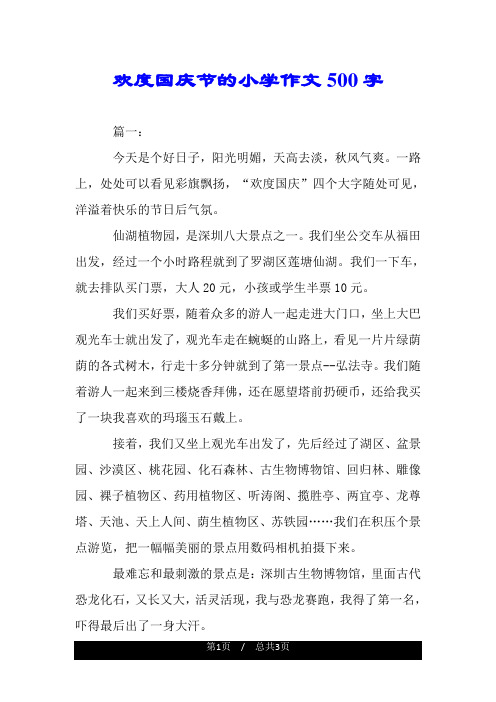关于节约用水的英语作文(Water Conservation Essay in English)
Water conservation is a crucial issue in our daily lives, and understanding its importance can lead to significant environmental benefits. In this article, we will discuss the significance of saving water, explore various methods for conserving it, and highlight the impactful results that can be achieved by adopting these practices.

To begin with, water conservation is essential due to several reasons:
- Environmental Impact: Saving water reduces the strain on natural water resources and helps maintain ecosystem balance.
- Economic Benefits: Conservation can lower the cost of water treatment and distribution.
- Social Responsibility: Promoting water conservation fosters a responsible attitude towards the environment.
- Sustainability: Ensuring that water is available for future generations is vital for sustainable development.
Now, let's delve into some effective ways to conserve water at home and in public places.
1.Fix Leaks: Repairing dripping faucets and leaky pipes can save gallons of water each day. Even minor leaks can add up over time and significantly affect water usage.
2.Install Water-Efficient Appliances: Using low-flow showerheads, faucets, and toilets can drastically reduce water consumption without sacrificing performance. For example, a low-flow showerhead can reduce water usage by up to 50%.
3.Use Water Wisely When Bathing: Take shorter showers and turn off the tap while soaping up or shampooing. This simple habit can save gallons of water per person every day.
4.Turn Off Taps: Don’t let the water run unnecessarily while brushing your teeth, washing dishes, or doing laundry. Turning off the tap when you’re not actively using it can make a big difference.
5.Full Loads Only: Run dishwashers and washing machines only when they are full to maximize efficiency. Modern appliances often come with eco modes that use less water and electricity.
6.Harvest Rainwater: Collect rainwater from rooftops and use it for gardening or flushing toilets. This method provides an additional resource for household needs and promotes sustainability.
7.Spread Awareness: Educate family members, friends, and community members about the importance of water conservation. Awareness leads to action and collective efforts can yield substantial results.
By implementing these strategies, individuals and communities can make a significant impact on water conservation. Let’s consider a hypothetical example to illustrate these points further.
Imagine a family of four living in a suburban area where water is abundant but still precious. By taking simple steps like fixing a leaky faucet, switching to a water-efficient showerhead, and turning off the tap while brushing their teeth, they could save around 50 gallons of water per day. Over the course of a year, this would amount to approximately 182,500 gallons of water saved, which is equivalent to the annual water usage of nearly three households!
Furthermore, if this family were to encourage others in their neighborhood to do the same, the collective impact would be even more profound. Schools, workplaces, and local governments could also play a role by promoting water-saving initiatives, such as educational campaigns, incentivizing water-efficient appliances, and investing in infrastructure improvements like rainwater harvesting systems. Together, these efforts can lead to a more sustainable and resilient community.

In conclusion, water conservation is not just an individual responsibility but a collective one. By understanding the importance of saving water and adopting practical measures, we can ensure a sustainable future for ourselves and generations to come. The methods discussed—fixing leaks, installing efficient appliances, being mindful in daily activities, turning off taps, running full loads, harvesting rainwater, and spreading awareness—are all within our reach. Let us commit to making these changes and inspiring others to join us in this critical effort to preserve our precious water resources.
更多精彩》



